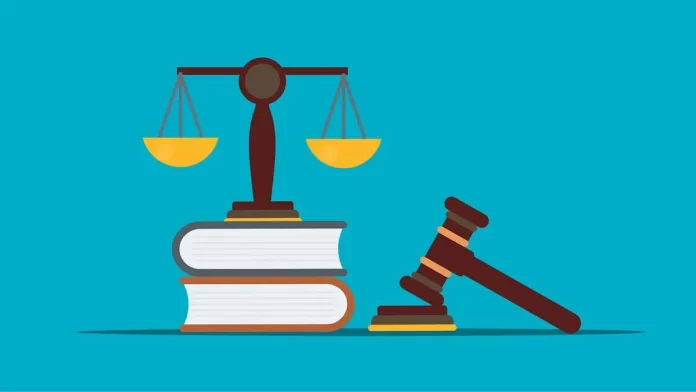In a democracy, access to justice is a fundamental right that ensures equal protection of the law for all citizens.
Recognizing the importance of providing legal assistance to those who cannot afford it, the Legal Services Authority Act, 1987, was enacted in India.
This landmark legislation aims to ensure justice is not denied to any individual due to financial constraints.
Understanding the criteria for entitlement to free legal aid under this act is crucial to fostering a just and equitable legal system.
Legal Services Authority Act, 1987: An Overview
The Legal Services Authority Act, 1987, was enacted with the primary objective of providing free and competent legal services to the weaker sections of society and to ensure that opportunities for securing justice are not denied to any citizen due to economic or other disabilities.
The act establishes legal services authorities at the national, state, and district levels, tasked with implementing its provisions.
Who is Entitled to Free Legal Aid?
According to the provisions of the Legal Services Authority Act, 1987, the following categories of individuals are entitled to receive free legal aid:
- Members of Scheduled Castes and Scheduled Tribes: The act recognizes the historical socio-economic disadvantages faced by members of Scheduled Castes and Scheduled Tribes. As a result, individuals belonging to these communities are entitled to free legal aid.
- Victims of Trafficking and Offenses Against Women and Children: The act extends its protection to victims of trafficking and offenses against women and children. This includes survivors of domestic violence, sexual assault, and other crimes against vulnerable sections of society.
- Industrial Workmen: Workers who are classified as industrial workmen, as per the Industrial Disputes Act, 1947, and other labor laws, are entitled to free legal aid. This provision ensures that employees facing legal issues related to their employment rights have access to legal assistance.
- Persons in Custody: The act recognizes the vulnerability of individuals in custody, whether in jail or police custody. It ensures that such persons, who may be economically disadvantaged, have the right to free legal representation to safeguard their legal rights.
- Disabled Persons: Persons with disabilities, facing legal issues or discrimination based on their disability, are entitled to free legal aid. This provision aims to address the unique challenges faced by individuals with disabilities in navigating the legal system.
- Persons Below the Poverty Line: Recognizing economic disparities, the act provides for free legal aid to individuals falling below the poverty line. This ensures that economic status does not become a barrier to accessing justice.
- Victims of Mass Disasters, Ethnic Violence, Industrial Disasters: Individuals affected by mass disasters, ethnic violence, or industrial disasters are entitled to free legal aid. This provision is crucial in times of crisis, ensuring that those affected have the legal support necessary for recovery and rehabilitation.
- Persons Engaged in Legal Aid Clinics: The act recognizes the importance of legal aid clinics in providing assistance to the marginalized sections of society. Persons engaged in legal aid clinics, which are established to provide free legal services, are entitled to legal aid themselves.
Implementation and Mechanism
The Legal Services Authority Act, 1987, establishes legal services authorities at the national, state, and district levels to ensure the effective implementation of its provisions.
These authorities are responsible for organizing legal aid clinics, promoting legal awareness, and coordinating with various agencies to facilitate free legal aid to entitled individuals.
Legal aid can take various forms, including representation by an advocate in legal proceedings, legal advice, and assistance in drafting legal documents.
The legal services authorities work in collaboration with the judiciary, bar associations, non-governmental organizations, and other stakeholders to create a robust framework for the delivery of free legal aid.
Conclusion
The Legal Services Authority Act, 1987, stands as a cornerstone in the effort to make justice accessible to all, irrespective of socio-economic status.
By outlining specific categories of individuals entitled to free legal aid, the act addresses historical injustices and contemporary challenges faced by marginalized sections of society.
The implementation of this act requires close coordination between legal services authorities, the legal profession, and civil society to ensure that the principles of justice are upheld for every citizen.
As India progresses, the continued commitment to providing free legal aid remains essential for building a just and inclusive legal system.
